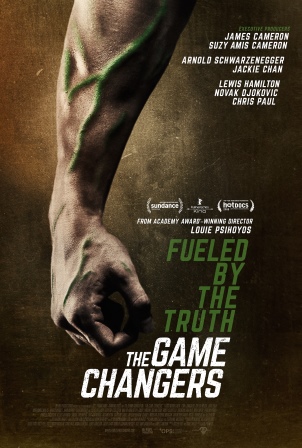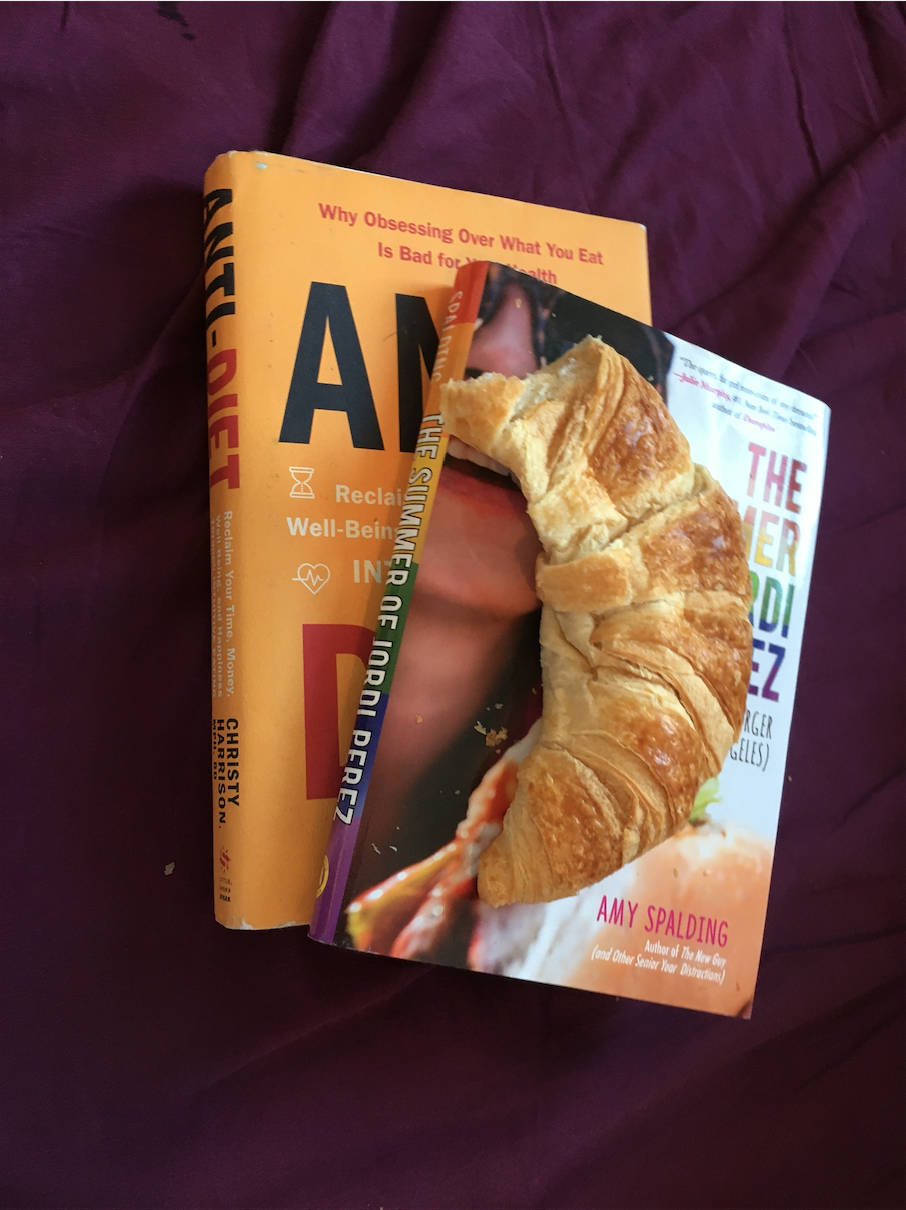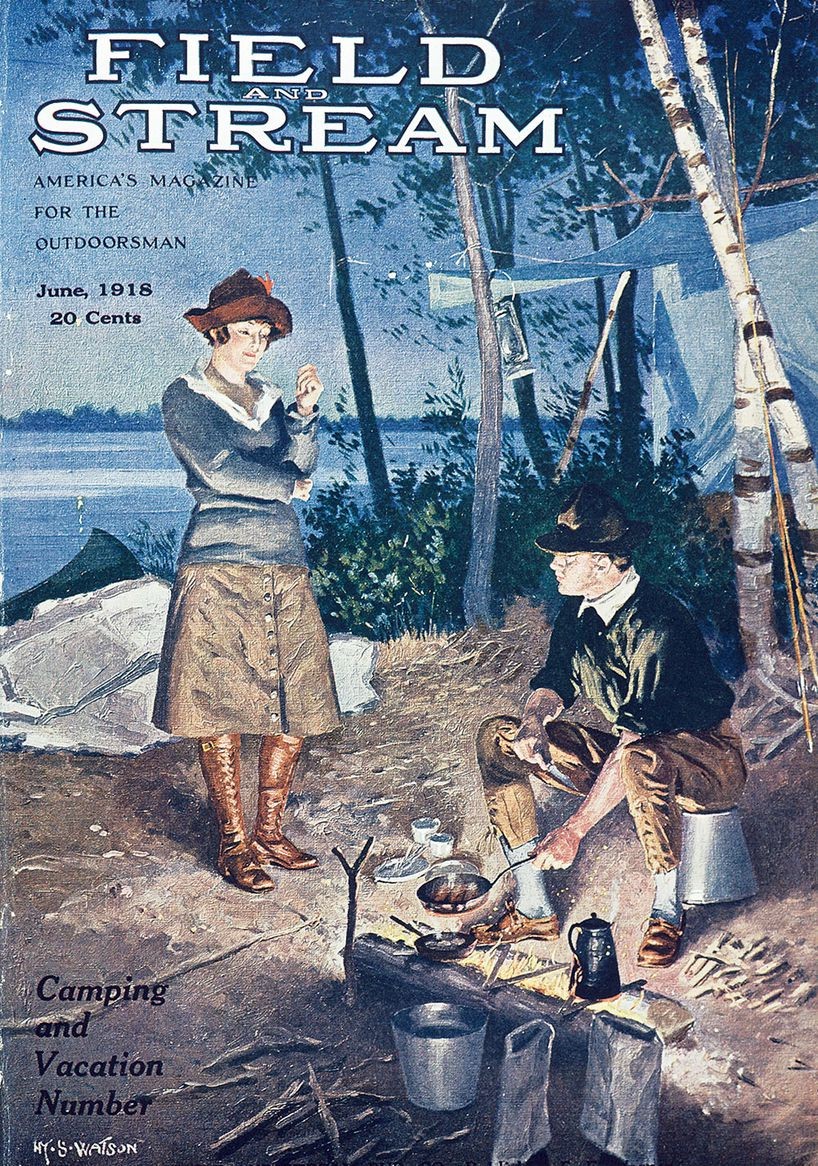Sexy Food, Tasty Women: Challenging the Soft-Core Pornographization of (Wo)men’s Appetites

In LOVE Magazine’s 2017 advent calendar, model Emily Ratajkowski is featured rubbing spaghetti on her body as she rolls around seductively on top of a dining table. In a post-photoshoot interview, Ratajkowski professes her love of pasta and “being greased up in olive oil,” urging women to “do what [they] want” in the name of feminism. The shoot – which was intended to promote a ‘feminist’ message about choice in response to sexual assault allegations in Hollywood – used food coupled with the thin, white, pornographized, female body to express ‘female empowerment’; a trope that has been used in advertising many times before. As some feminist researchers have argued, these themes are commonplace in a postfeminist media landscape; one that embraces gender stereotypes and…



